
Past event highlights
Race, Inequality and Language in Education - Fall Conference 2020
Pursuing Educational Equity in Uncertain Times
The 2020 fall conference featured five days of distinguished scholars addressing the theme of “Pursuing Educational Equity in Uncertain Times.” To view each day’s focus, learn more about the speakers, and view each day’s one-hour video, see the conference program below. To see commentary and join the conversation, use the Twitter hashtag #RILE2020.
The 2020 conference took place virtually from October 19-23. In an interview before the conference, RILE Chair Arnetha Ball spoke about plans for the event and how race, inequality and language are inextricably connected in their effect on learning.
Conference Program
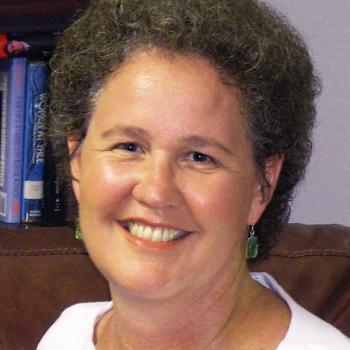
Dr. Linda Darling-Hammond, Professor Emerita, Stanford University
Linda Darling-Hammond is the founding president of the Learning Policy Institute, created to provide high-quality research for policies that enable equitable and empowering education for every child. At Stanford she founded the Stanford Center for Opportunity Policy in Education and served as the faculty sponsor of the Stanford Teacher Education Program.
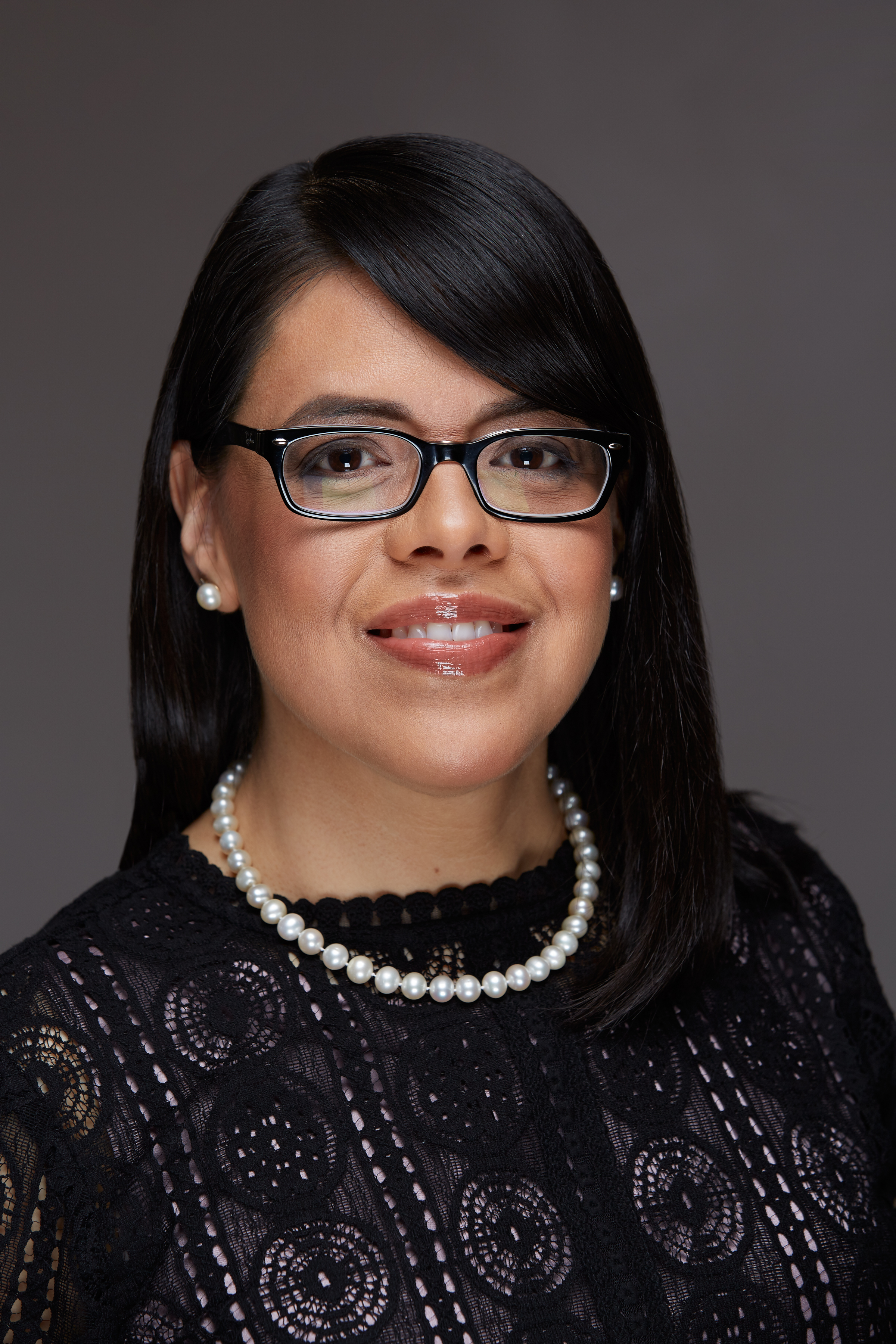
Dr. María C. Ledesma, Associate Professor, San José State University
María Ledesma’s research focuses on equity-oriented critical policy analysis, including contextualizing and historicizing race-conscious social policy in higher education, as well as leadership for social justice.
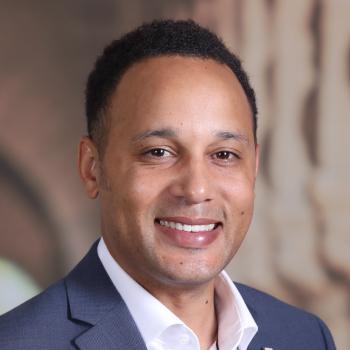
Dr. Francis A. Pearman, Assistant Professor, Stanford University
Francis A. Pearman’s research focuses on how poverty and inequality shape the life chances of children, especially in rapidly changing cities.
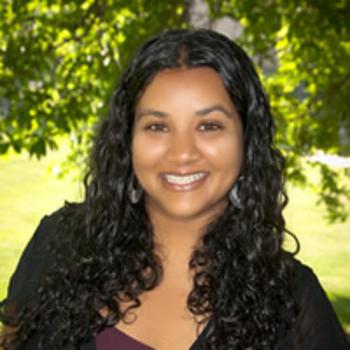
Dr. Subini Annamma, Associate Professor, Stanford University
Subini Ancy Annamma’s research examines the ways in which students are criminalized—and resist criminalization—through the mutually constitutive nature of racism and ableism, and how racism and ableism interlock with other marginalizing oppressions to affect youth education trajectories.
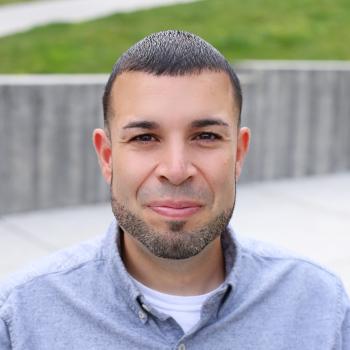
Dr. Jonathan Rosa, Associate Professor, Stanford University
A sociocultural and linguistic anthropologist, Jonathan Rosa focuses his research on the co-naturalization of language and race as a key feature of modern governance. Specifically, he analyzes the interplay between youth socialization, raciolinguistic formations, and structural inequity in urban contexts.
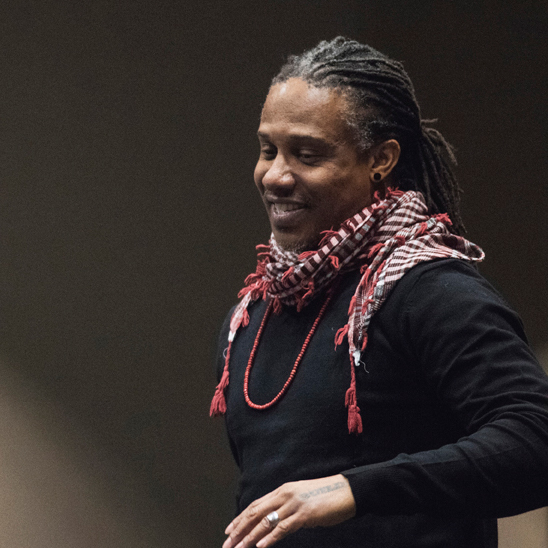
Dr. David Stovall, Professor, University of Illinois at Chicago
David Stovall is a professor of African-American studies and criminology, law, and justice. His scholarship investigates Critical Race Theory, the relationship between housing and education, and the intersection of race, place, and school.
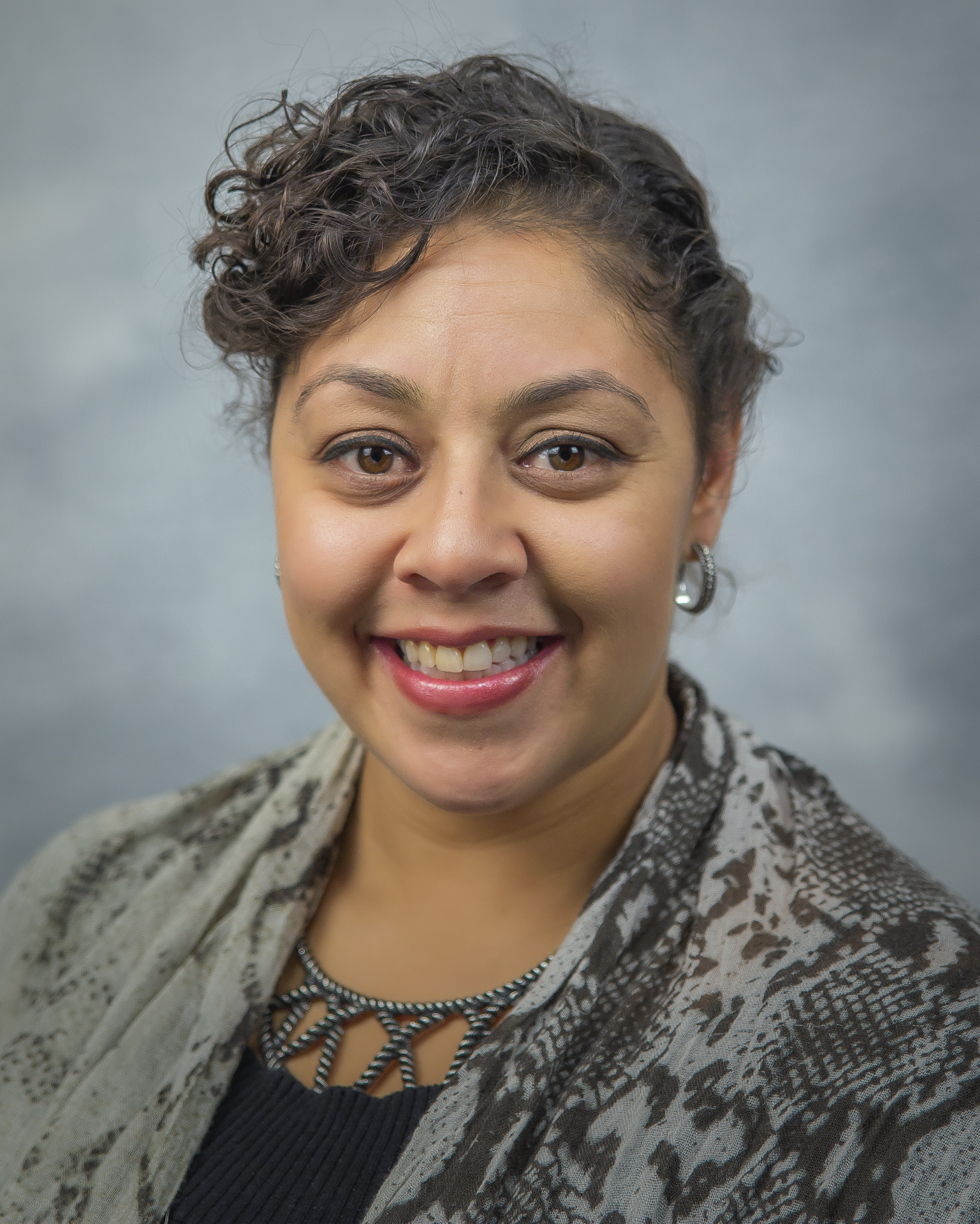
Dr. Maxine McKinney de Royston, Assistant Professor, University of Wisconsin-Madison
Maxine McKinney de Royston’s work centers on two research strands: understanding the multidimensional and politicized nature of teaching and learning; and examining how learning environments, such as STEM classrooms, operate as racialized learning spaces.
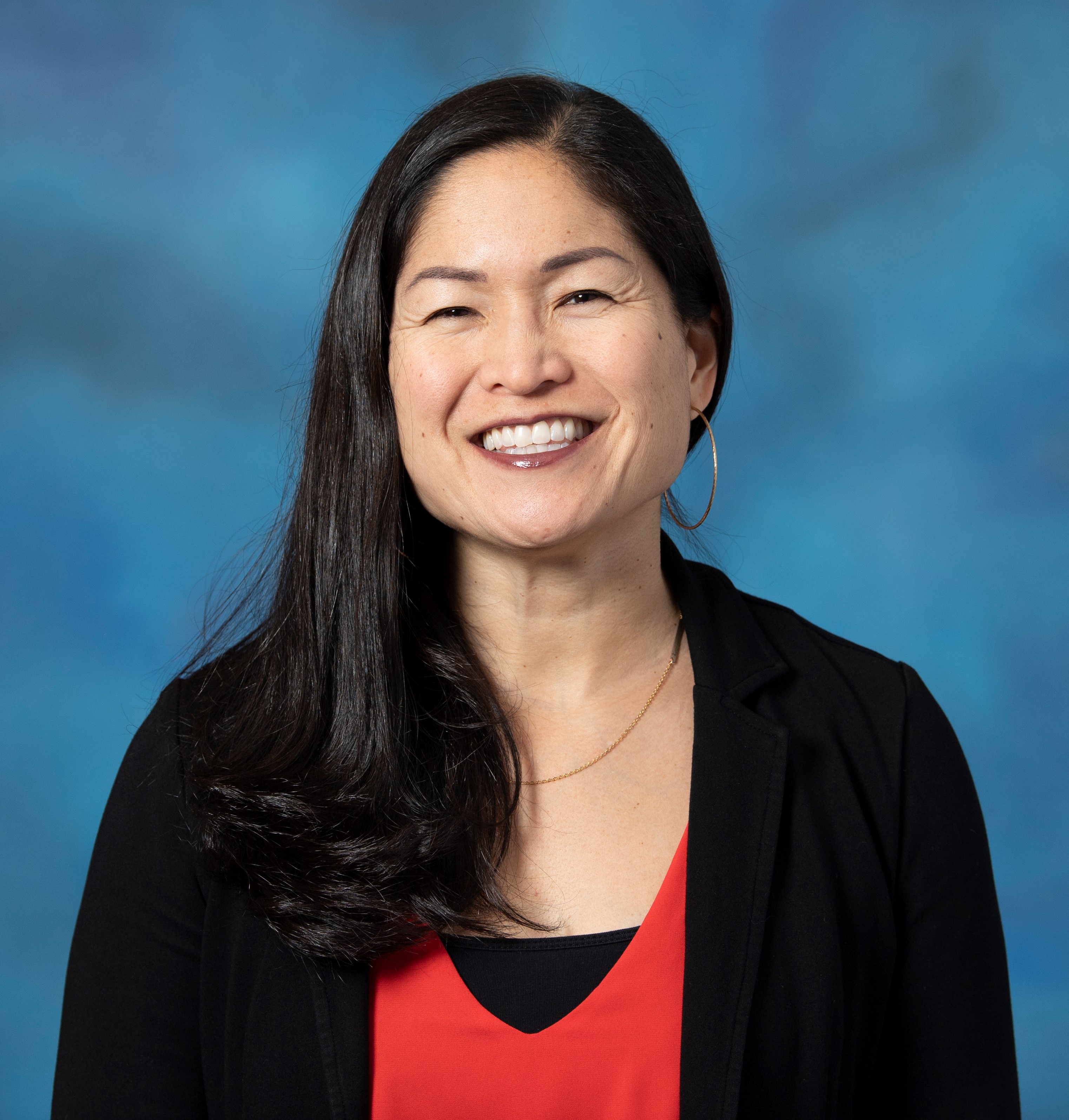
Dr. Kari Kokka, Assistant Professor, University of Pittsburgh
Kari Kokka, an assistant professor of mathematics education, studies student and teacher perspectives of Social Justice Mathematics and STEM teacher activism.

Dr. Linda Tuhiwai Smith, Professor, The University of Waikato
Linda Tuhiwai Smith’s scholarship in Indigenous studies, Indiginous education, and Kaupapa Māori research focuses on the well-being and intellectual and political self-determination of Indigenous peoples.
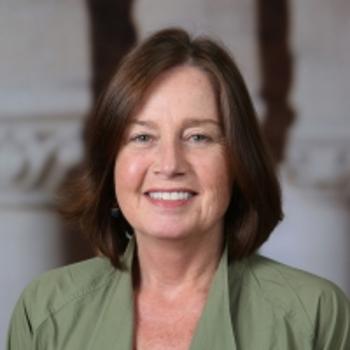
Dr. Teresa LaFromboise, Professor, Stanford University
Teresa LaFromboise is a counseling psychologist by training and a professor of education. Her research focuses on efforts of non-dominant racial and ethnic groups to thrive in the face of adversity, including acculturation demands, discrimination, and major life challenges.
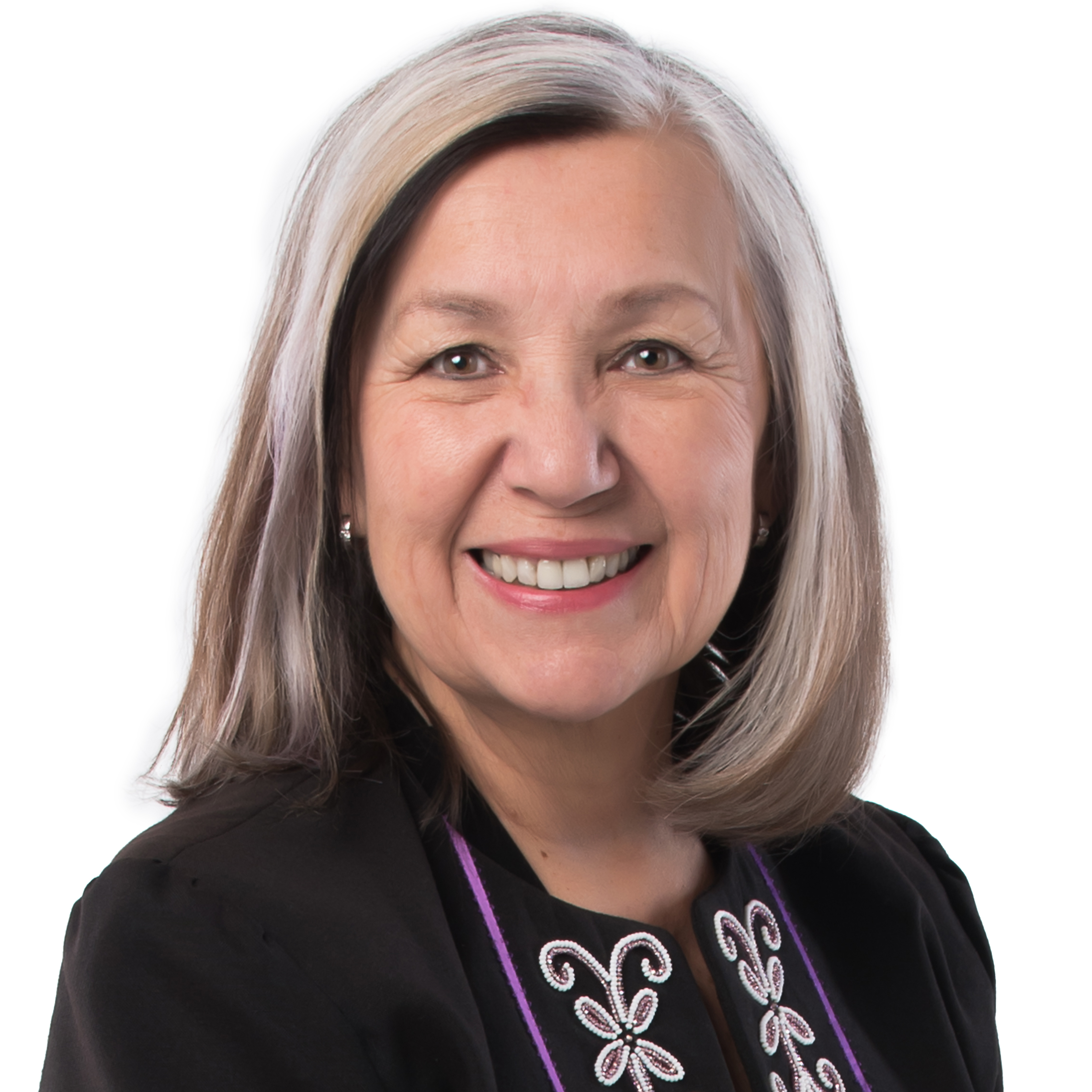
Dr. Marie Battiste, Professor Emerita, University of Saskatchewan
Marie Battiste’s research and publications have focused on advancing social and cognitive justice and institutional change through the decolonization of education and the reconciliation of Indigenous languages and knowledge in education.
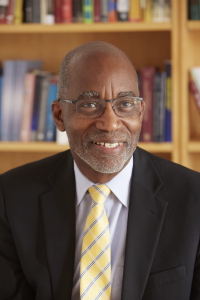
Dr. David R. Williams, Professor, Harvard University
David R. Williams is a professor of public health and chair of the Department of Social and Behavioral Sciences at the Harvard T.H. Chan School of Public Health, and a professor of African and African American Studies and Sociology. His focus is on the social influences of health and the complex ways in which socioeconomic status, race, stress, racism, health behavior, and religious involvement can affect health.
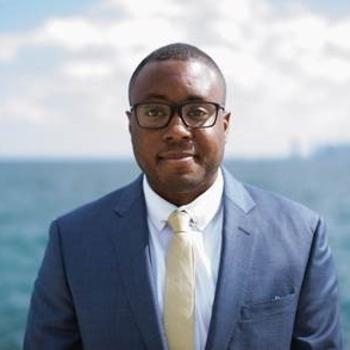
Dr. Michael Hines, Assistant Professor, Stanford University
Michael Hines research interests include history of education, curriculum studies, social studies and civics education, and the history of childhood. Currently his research focuses on how African Americans in the early twentieth century created new curricular discourses around race and historical representation.
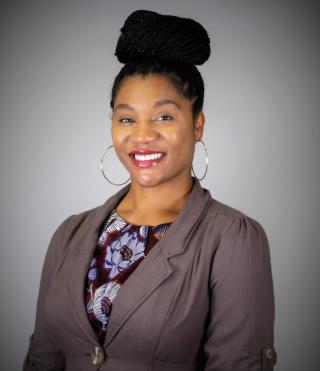
Dr. Caryn Bell, Assistant Professor, Tulane University
Caryn Bell is an assistant professor in Tulane’s School of Public Health and Tropical Medicine whose research focuses on the unique impacts of socioeconomic status and place on cardiovascular disease risk factors in Black Americans and on racial disparities in health.
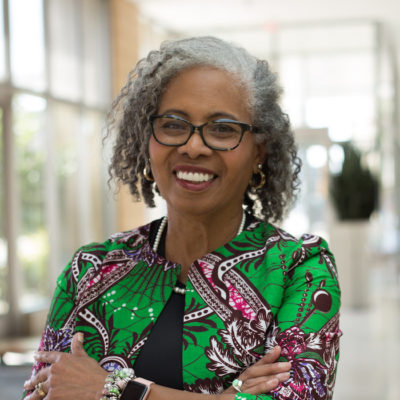
Dr. Gloria Ladson-Billings, Professor Emerita, University of Wisconsin-Madison
Gloria Ladson-Billings retired from teaching and is currently serving as the president of the National Academy of Education. She is an educational anthropologist who became renowned for her groundbreaking research into what makes teachers of Black students successful, and for her work in the fields of culturally relevant pedagogy and critical race theory.
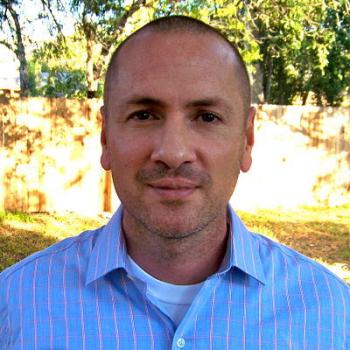
Dr. Ramon Martínez, Assistant Professor, Stanford University
Ramon Martínez explores the intersections of language, race, and ideology in the public schooling experiences of students of color, with a particular focus on bi/multilingual Chicana/o and Latina/o children and youth.

Dr. Savannah Shange, Assistant Professor, University of California, Santa Cruz
Savannah Shange is a Black queer feminist scholar of race, place, sexuality, and the state. Her research interests include gentrification, multiracial coalition, ethnographic ethics, Black femme gender, and abolition.
